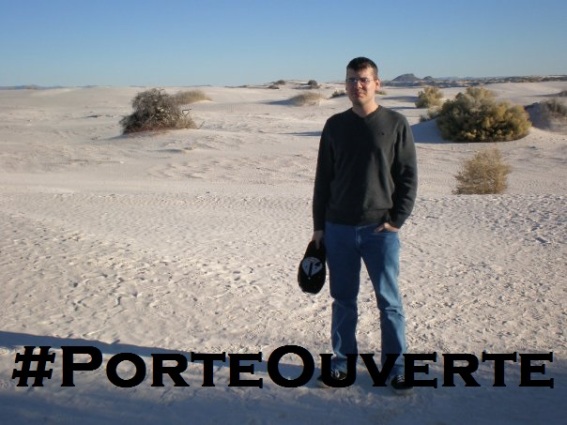
Learn to look, because compassion is understanding itself.
– Thich Nhat Hanh
It occurs to me that I have nothing to complain about.
It also occurs to me that I don’t know from injustice. I mean, other than in theory, as it applies to other people, stuck in other lives. But in practice it is, for all practical purposes, foreign to me.
Black Lives Matter. Equal pay for equal work. A woman’s right to choose. The plight of the refugee. Gender discrimination. All these things speak to me. But I cannot speak to them.
What I can do–really, all I can do–is listen.
Because at the end of the day, the real professionals aren’t the “expert” talking heads on Fox or MSNBC, or the eggheads in the halls of academia, or the do-nothings in Congress. And it’s definitely not me. No, the real professionals are the people living these circumstances from day to day, the ones who can’t escape the situation simply because it is who they are, whether they like it or not.
I can watch, as I did yesterday, documentaries on the Holocaust; I can read books about slavery and Jim Crow; I can feel the weight of my own history, the white albatross of my existence, hung about my shoulders. But I cannot really comprehend the weight that my history has hung about the shoulders of these others.
So, I watch. And I listen. And I trust that my teachers, caught in a structure of real suffering, real injustice, know of what they speak. It is painful, to allow others to inform me of my complicity in matters that seem beyond my control, but these are words I must hear. I must yield to the experiences of those whose experiences can never be mine. Even if those experiences feature me in the role of antagonist.
This is not to say that I have no opinions on the subjects in question. But my opinions, however honestly considered, are also fatally flawed; they are based on feelings I cannot wholly feel, with which I can only sympathize, never empathize. And sympathy, while perhaps warm and fuzzy, is ultimately ineffectual. It is theater.
Racial theater is somehow the stand-in for actually confronting the problem. It lets us move on feeling like we’ve done something without challenging the order of things. And we tell ourselves after watching the special or listening to the conversation that we are all better people for doing so–that we are, at least, a bit less racist. But our racial habits remain completely intact. (Eddie S. Glaude, Jr.)
I don’t want to tell you not to take it personally. That’s the point: we never do. Not really. There is a difference between taking offense at something and taking that something personally. To take it personally is to make it our own, to the extent that we can. And we make it our own by recognizing that it is not, and making room for those to whom it really belongs.
It hurts, to be told you are ineluctably part of the very injustice you abhor. It hurts, but the truth often does. It stings, but it’s necessary. It is hard to step out of my own way, to stop listening to the sound of my own voice long enough to really hear someone else’s.
When you listen to someone, you should give up all your preconceived ideas and your subjective opinions; you should just listen to him, just observe what his way is. We put very little emphasis on right and wrong or good and bad. We just see things as they are with him, and accept them. This is how we communicate with each other. Usually when you listen to some statement, you hear it as a kind of echo of yourself. You are actually listening to your own opinion. If it agrees with your opinion you may accept it, but if it does not, you will reject it or you may not even really hear it. (Shunryu Suzuki)
Sure, I have problems. Everybody does. But are they really worth bitching about? My house drives me crazy…but I have a house. I really don’t like my job…but I have a job, and it pays well enough.
I don’t have to beg people to accept my marriage as valid “in the eyes of God.”
I don’t have to fear deportation or being turned away from a nation’s borders because I happen to resemble others who have done evil things, regardless of my innocence or guilt.
And unless I do something really, really stupid, I don’t have to worry about being stopped, frisked, Tasered, and/or shot by an officer of the “law.”
For some people, existence itself is a problem. For them, life is one long experience of being in the wrong place at the wrong time, because there is no “right” place for them to be. For no other reason than that they don’t look like me, or talk like me, or dress like me, or worship whichever deity I would prescribe.
Me? I’m white, straight, and male in the United States of America.
So who the hell am I to talk?








